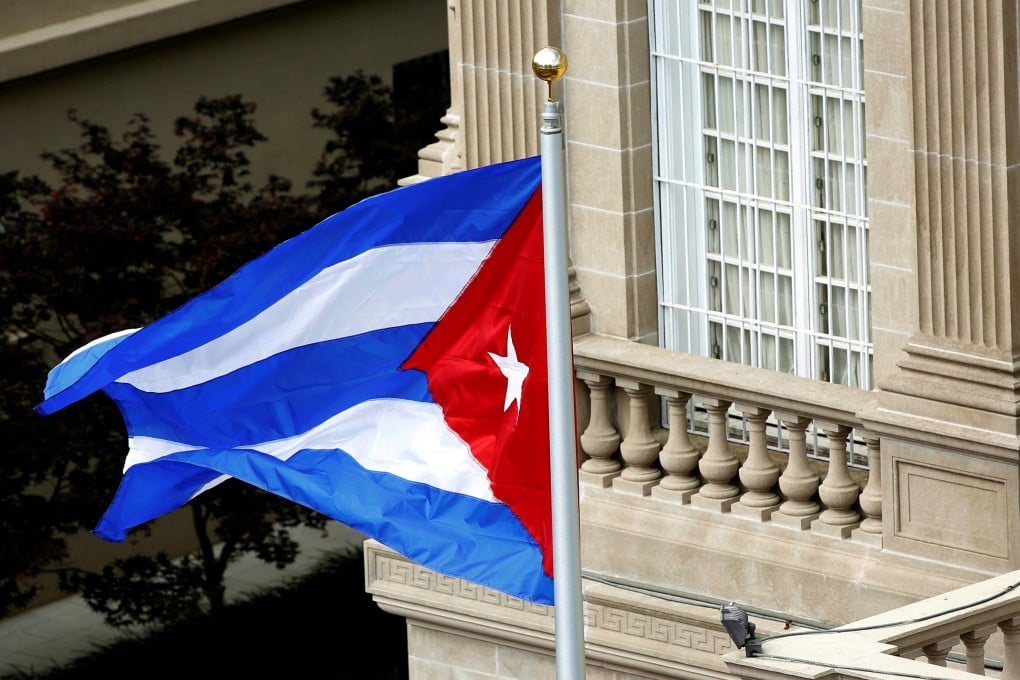My Take | How Cuba defied US subversion playbook and paid the price
- The UN has again voted overwhelmingly to condemn the United States’ embargo against the island, with only America and Israel voting against

LINK HERE:
There are two questions that have puzzled many students of US foreign policy, that is, if they are not too ideologically pro-American. One is, why the United States’ unswerving, almost unconditional support of Israel? The other is, why its impeccable hostility towards Cuba, which is, for all intents and purposes, an insignificant dot on the world map? Washington has made nice with communist Vietnam, Laos and China before; why not Cuba?
By standing with one (Israel) and opposing the other (Cuba), it has stood against the entire world, and consistently so over decades, something that seems to defy rational national self-interest.
Two of the latest votes in the United Nations General Assembly are just more of the same.
Less than two weeks ago, the UN General Assembly voted 121 for a resolution, with 14 against and 44 abstained, for a humanitarian truce in Gaza. The US, of course, voted with Israel against the resolution. Almost half of those who joined them were tiny South Pacific island states whose economies greatly depend on US foreign aid and/or that of America’s close regional ally Australia – Fiji, Marshall Islands, Micronesia, Nauru, Papua New Guinea and Tonga.
Last week, the UN General Assembly again voted overwhelmingly against the US economic and trade embargo against Cuba, first imposed in 1960. A total of 187 states voted for the resolution put forward each year against the embargo with only the US and Israel voting against it. Ukraine, which used to be against the embargo, was the one and only abstention.
The US is different. Other powerful states may have an interest in the kind of governments that exist within their spheres of influence and a readiness to interfere with them if necessary. The Ukraine invasion, for example, is really about Russia’s attempt to defend its own sphere of influence, rather than threatening Ukraine’s Nato neighbours, which would be suicidal for Moscow.
